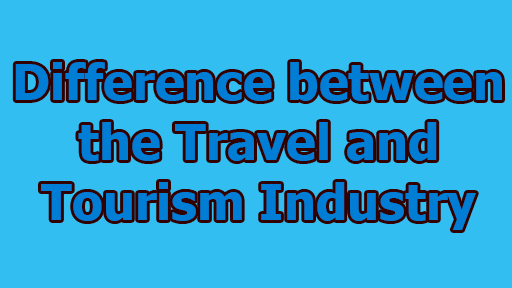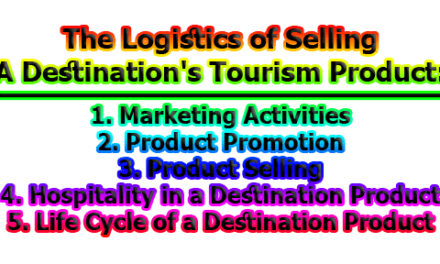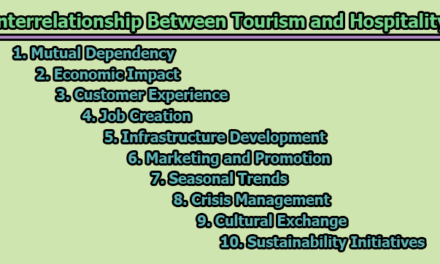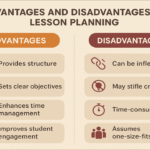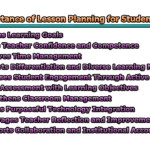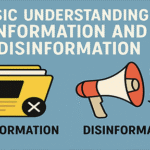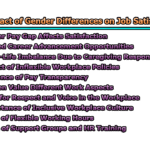Difference between the Travel and Tourism Industry:
The travel and tourism industry are closely related but distinct sectors in the world of travel. While both involve journeys to various destinations, they serve different purposes and have unique characteristics. Travel encompasses a wide range of reasons for individuals to move from one place to another, such as business, education, family visits, or personal exploration. On the other hand, tourism specifically focuses on traveling for pleasure and leisure, involving organized trips to recreational destinations. In this context, we will explore the difference between the travel and tourism industry in a concise manner.
| Aspect | Travel | Tourism |
| Definition | To go on a journey, regardless of purpose | The activity of traveling for pleasure |
| Purpose | Business, education, family visits, personal exploration, etc. | Leisure and recreational travel |
| Duration of Stay | Variable, depending on the purpose | Shorter stays, typically returning after vacation |
| Involvement of Local People | Often engage with local communities, immerse in culture and cuisine | May not interact as closely with locals |
| Luggage and Planning | Lighter luggage, may travel without rigid plans | Extensive planning, heavier luggage |
| Accommodation | Various types of accommodations | Often books five-star hotels |
| Scope | Broad, covering various travel purposes | Specific, focusing on recreational trips |
| Mindset | Purpose-driven or exploratory mindset | Relaxed and leisure-oriented mindset |
| Cultural Engagement | Interested in exploring different cultures | May not always prioritize deep cultural experiences |
| Flexibility | More flexible with itineraries | Follow predefined schedules |
| Language | May learn and use local language | Often communicate in international languages |
| Amenities and Pricing | May have more affordable options | Higher-priced amenities and services |
| Usage | Common and general term used in daily life | Specific term for commercial holiday organization |
| Group vs. Solo Travel | May travel alone or in smaller groups | Often involves organized group trips |
| Vacation vs. Journey | Perceive the journey as specific missions or explorations | View trips as relaxing vacations |
In conclusion, the travel and tourism industry share an overlap, but their distinctions lie in the purpose, mindset, planning, and experiences of travelers and tourists. While travel encompasses a broad range of purposes and travel styles, tourism focuses solely on providing leisure and recreational experiences to organized groups. Understanding these differences helps cater to the diverse needs and preferences of individuals seeking travel or tourism opportunities in their journeys through life.
Frequently Asked Questions [FAQs]:
Why Do People Travel?
People travel for various reasons, seeking diverse experiences and cultural exposure. They embark on journeys to explore new places, immerse themselves in different cultures, and step outside their comfort zones.
What Are Examples Of Travel And Tourism?
Travel involves moving from one place to another, often for leisure and pleasure. Examples include sightseeing tours, vacations to foreign destinations, or even solo trips to experience new atmospheres.
Tourism, on the other hand, focuses on traveling specifically for leisure. Examples include visiting museums, zoos, attending sporting events, exploring beautiful landscapes, or enjoying family vacations with planned activities.
What Is Known As Travel And Tourism?
Travel refers to the movement of people from one location to another, often for pleasure and leisure. It may also encompass emergency trips due to unforeseen circumstances, such as being evicted or forced to leave one’s home country.
Tourism is a subset of travel, specifically defined as traveling for pleasure rather than necessity. It involves activities like shopping sprees, sightseeing excursions (e.g., visiting museums, zoos, and sporting events), and leisure vacations.
Why Not All Travel Is Tourism?
Not all travel qualifies as tourism because tourism typically occurs in specific destinations or designated areas, such as airports or popular tourist spots. However, travel can vary greatly, ranging from basic vacations to opportunities for economic ventures.
Tourism is often associated with organized packages that offer lower prices compared to traveling independently or during specific times of the year.
Where Did The Concept of Tourism Originate?
The concept of tourism dates back to ancient civilizations, with the ancient Greeks and Romans traveling to see monuments and ruins left by their predecessors. In the 16th century, Marco Polo’s famous book, “The Travels of Marco Polo,” popularized travel to China, inspiring more European explorers to venture into new territories. This historical exploration and documentation contributed to the evolution of tourism as we know it today.

Assistant Teacher at Zinzira Pir Mohammad Pilot School and College

